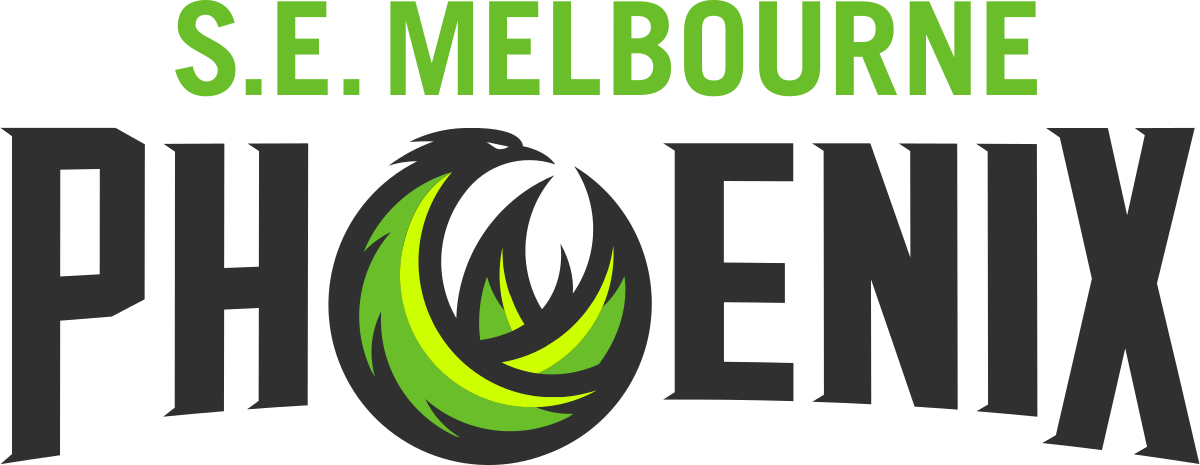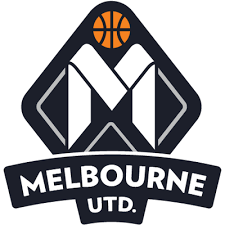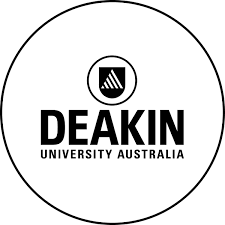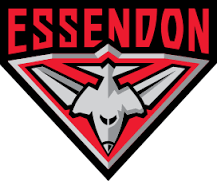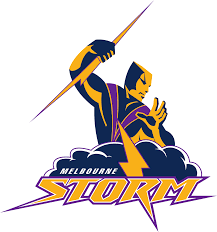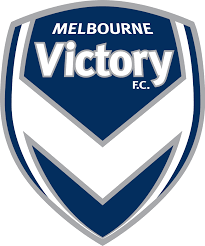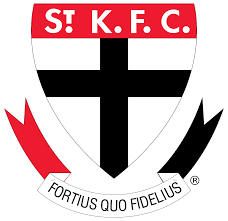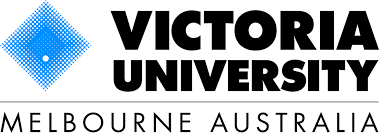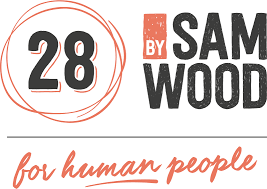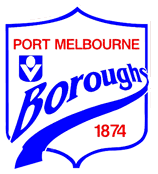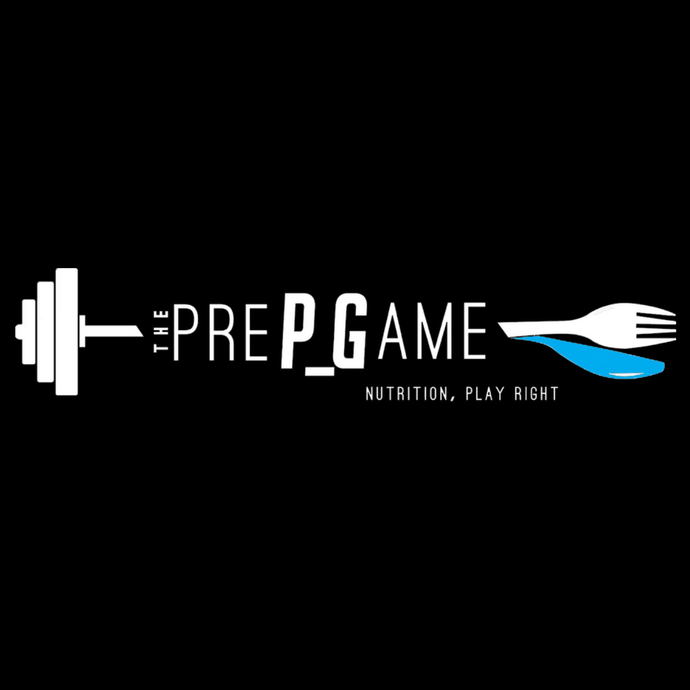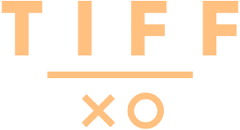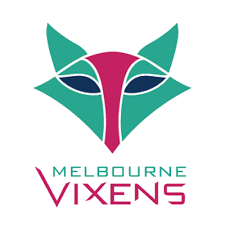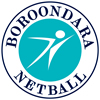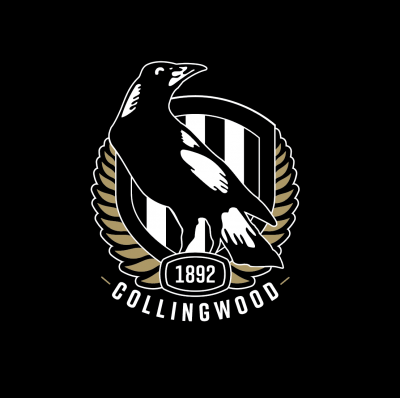Following on from my recent post about recovery meals, I have been asked by a few people if I could provide some more information about protein, what it is and specifically how much is found in different foods. Protein is one of those nutrients that receives a lot of attention for a range of reasons. People who are training want to know about protein for recovery and muscle mass. People trying to lose weight want to know about protein for its effect on satiety and reducing hunger. People who are low in iron want to know about protein foods for iron. Some people just love meat and don't want to know anything about protein, they just want to get the BBQ started and eat a juicy steak!
Following is a brief run-down as to what protein is, which foods provide protein and how much and the best options and timing of protein for training.
Proteins of varying composition are found in a wide range of plant and animal foods. You may have heard the term 'high quality' or 'high biological value' protein, and this relates to the composition of amino acids within a protein. A variety of amino acids makes up a protein, and it is the amino acids which are the important building blocks for muscle and other body structures. Some proteins contain all of the essential amino acids and are considered to be higher quality than those with some lacking.
Active people need protein to build and repair muscle. To achieve muscle mass gain you need to eat enough protein and overall kilojoules, but you also need a carefully planned training program to stimulate the muscles to develop and grow. Unfortunately there are not too many shortcuts when it comes to getting your best results - training and eating should be specific to your needs and goals.
Resistance training seems to be synonymous with protein supplements, and the bigger and more expensive the bucket of powder, the greater the perceived effectiveness for building muscle. Having protein powder after gym is far less important for recovery and overall muscle mass gain compared to eating enough total kilojoules, protein and overall nutrients from foods in the hours and days post-training. It's great to get the immediate post-exercise recovery nutrition right, but if you don't back it up for the rest of the day then you won't be maximizing your results.
So do you need to take a protein supplement? Supplements are extremely popular as a convenient way to get the right type and amount of protein for the initial recovery phase. Whey protein is a complete protein, rich in essential amino acids, including leucine, that will promote muscle synthesis. There is certainly a time and a place for appropriate protein supplements in certain training circumstances, however don't forget that many everyday foods are high quality protein sources too. If you are training hard and want results, you need to have a plan in place with regard to food first and supplements if necessary. Current recommendations for children and adolescents are to avoid protein powders - many young athletes are looking for ways to build muscle quickly, however food and fluids should be the priority, and supplements generally avoided until after growth is complete.
Be careful how much you spend on the latest whizz-bang powders too. Those with lots of added extras, that you pay for, are often filled with unnecessary ingredients which your body may not need. Sometimes it is best to keep it simple, and stick to a pure whey protein product, or a food option.
Complete proteins, such as whey protein, contain the full range of essential amino acids. Plant sources of protein, other than soy protein, tend to be lacking one or more essential amino acids and are considered incomplete proteins. This can be a challenge for vegetarians, but all it really takes is some additional planning to achieve the key amino acid balance from non-animal sources. I have listed below a range of foods and that are often considered as good protein sources, with the amount of protein listed per average serve and per 100g. Note that values are approximates only, and will vary according to the specific variety of the food. These are in no particular order:
Per serve Per 100g
Medium chicken breast, 160g cooked 44g 28g
Medium beef steak, 150g 47g 31g
Lamb fillet, 150g cooked 48g 32g
Medium fish fillet, 120g cooked 38g 32g
Small tin of tuna 20g 28g
Eggs, 2 medium 10g 10g
Cow's milk, 300ml 10g 3.5g
Greek yoghurt, 200g 10g 5g
Cheese,20g 6g 30g
Almonds, 30g 6g 20g
Cottage cheese, 2tbsp 4g 10g
Tofu, firm, 100g 13g 13g
Dried beans, 100g cooked 7g 7g
Soy milk, 300ml 10g 3.2g
Whey protein powder ~22-30g 75-90g+
(the content of supplements varies greatly depending on whether whey protein concentrate or isolate is used and any other ingredients, check labels)
As you can see from this list, the animal-based proteins are particularly rich in protein. Meat, chicken and fish are all around 30% protein, so if you think about achieving regular protein intake spread over the day, only small portions of these foods are required to achieve adequate intake. Dairy and eggs provide great quality protein, but you need to eat more of these to get the same amount of protein. I have not included grain foods in this list as most of them contain quite small amounts of protein, although it all adds up over a day.
You may look at the chicken, meat and fish and automatically think that because they contain more protein they must be better choices. But just because tuna contains a lot more protein per serve than eggs, this doesn't mean it is the preferred option. Massive serves of protein aren't required to get results....regular intake at the right times will make the difference.
It is also clear that vegetarian foods are relatively low in protein, and if you combine that with the lower quality of non-animal proteins you can run into trouble. But if you plan carefully you can ensure amino acid intake to support your recovery, training and performance needs. Leucine is a particular amino acid that has been identified as important for stimulating muscle protein synthesis and can be a little bit hard to find for vegetarians, especially those who don't eat soy products. This is where vegan-friendly supplements can be of great use, but always be careful with supplement use in terms of their safety, actual benefits and cost.
Active people should try to include high quality protein in all of their meals, and potentially snacks also, and should plan the type and timing of protein around specific training sessions. It is a good strategy to spread protein intake over the day, ~20-25g is all you need to stimulate muscle protein synthesis. Taking in more than this will not provide any further benefit. Saying this, many people eat a lot more protein than they need....especially the animal sources. You don't need 1/2 a chicken or 2 steaks at each meal, and research is showing that you are potentially better to stick to smaller protein serves more frequently over the day. Over-consumption of protein can lead to excess kilojoules, which is ok if you are trying gain weight, but if you want to condition your muscles and stay reasonably lean then you may need to consider your protein portions. More protein does not = more muscle.
If you are trying to lose body fat, protein can help keep you full for longer and help keep blood glucose levels stable, reducing hunger and cravings. You will need to consider your overall portions and nutrient intake related to your overall goals. Sometimes protein supplements are useful for people trying to lose weight, as they give a good dose of protein with minimal calories. It might be worth seeing an Accredited Sports Dietitian (www.sportsdietitians.com.au) if you need more specific advice and assistance with reaching your body composition, training and performance goals.
There is still much to learn about protein and its importance for recovery and muscle mass. Researchers are still interested in the ideal amount of protein around training and timing of intake, the importance of leucine or other amino acids and specific recommended intake, and the variety of protein requirements for different individuals, based on specific characteristics such as gender, body size and shape, genetics and activity levels.
